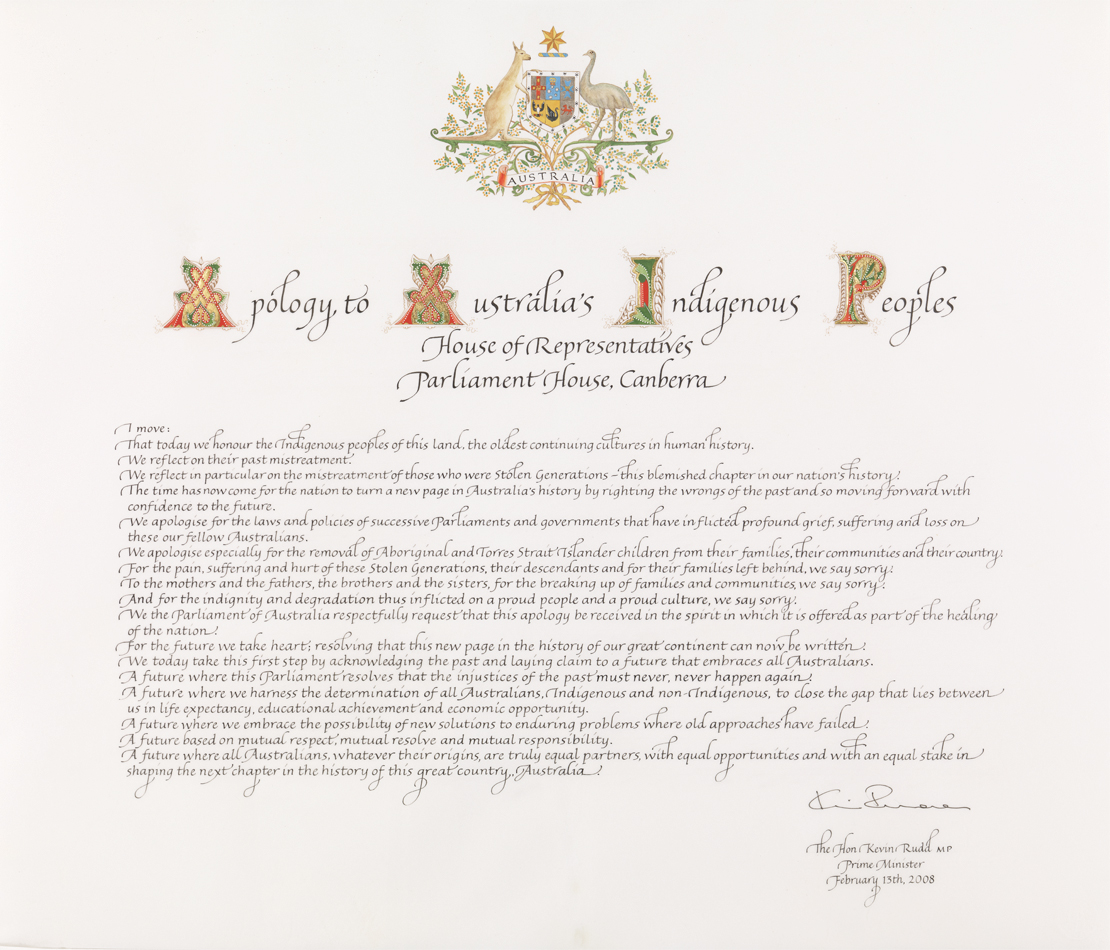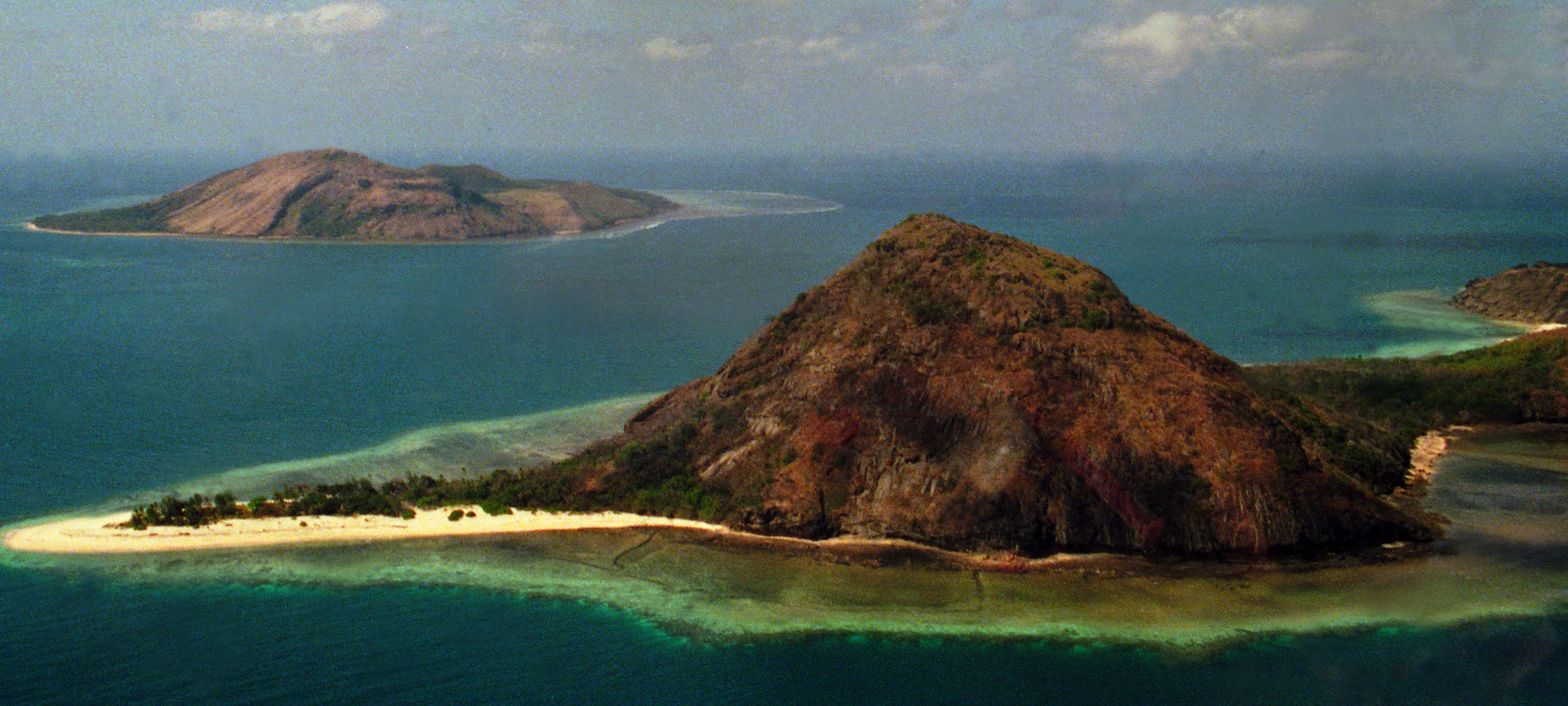Tomorrow is the first day of National Reconciliation Week, running from 27 May to 3 June every year. National Reconciliation Week is a chance for Australians to learn about their shared history and how to work towards achieving reconciliation in Australia. Ahead of National Reconciliation Week 2023, take a look at the significant dates coming up over the next week and the role that the House of Representatives has played.
The day before National Reconciliation Week begins (26 May) is National Sorry Day. National Sorry Day is an annual event that remembers and acknowledges the Stolen Generations. The first National Sorry Day was held in 1998, one year after the Bringing Them Home report was released and tabled in the House. One of the recommendations in the Bringing Them Home report recommended that all Australian parliaments officially apologise to “Indigenous individuals, families and communities”. Prime Minister Kevin Rudd acted upon this recommendation in the House on 13 February 2008.

The Hon Kevin Rudd AC (born 1957, signatory), Gemma Black (born 1956, calligrapher), Apology to Australia’s Indigenous Peoples, 2008, Official Gifts Collection, Parliament House Art Collection, Department of Parliamentary Services. Gift commissioned by The Department of Families, Housing, Community Services and Indigenous Affairs, 2008.
National Reconciliation Week then formally begins on 27 May. The date marks the anniversary of the 1967 referendum in which Australians overwhelmingly voted to remove clauses in the Constitution to allow the Commonwealth to make laws for Aboriginal and Torres Strait Islander peoples and include them in the census. The referendum process formally began when the Constitution Alteration (Aboriginals) Bill 1967 was introduced and passed in the House on 1 March 1967. After later passing the Senate, 90 per cent of Australia voted to change the Constitution on 27 May 1967 and the bill became law on 10 August 1967.
National Reconciliation Week ends on 3 June – Mabo Day. The date marks the 1992 High Court of Australia decision in which the court found in favour of a group of Torres Strait Islanders, led by Eddie Mabo, and determined that they held ownership of Mer (Murray Island). The decision established native title – the recognition that Aboriginal and Torres Strait Islander people are the traditional owners of the land and that they have rights and interests to land and waters according to their traditional law and customs. As a result, the Native Title Bill 1993 was introduced and passed both chambers of Parliament the next year before native title came into effect on 1 January 1994.

Dauar and Mer of the Murray Island Group, September 1989. Edward Koiki Mabo at Las, Mer (Murray Island), September 1989. Still from 'Land Bilong Islanders' (1990). All photographs copyright and courtesy of Trevor Graham and Yarra Bank Films.
National Reconciliation Week is a time for all Australians to consider their shared history and how to work towards a more equitable nation moving forward. You can learn more about National Reconciliation Week and related events in your at: reconciliation.org.au/our-work/national-reconciliation-week.
----------------------------------
The Department of the House of Representatives acknowledge the Custodians of Country throughout Australia and their continued connection to land, waters and community. We pay our respects to their Cultures, Country and Elders past, present and emerging.
We acknowledge the Ngunnawal and Ngambri people, who are the traditional custodians of the land on which we work and live, the land on which this exhibition was created, and the land on which Australian Parliament House is situated – an area where people have met for thousands of years.